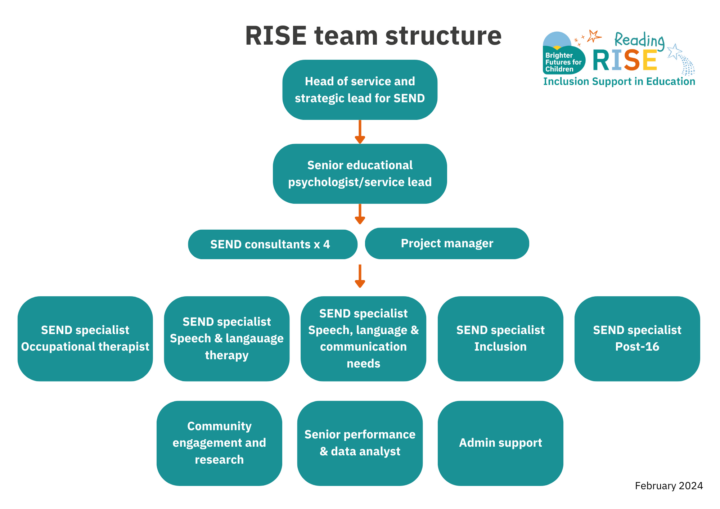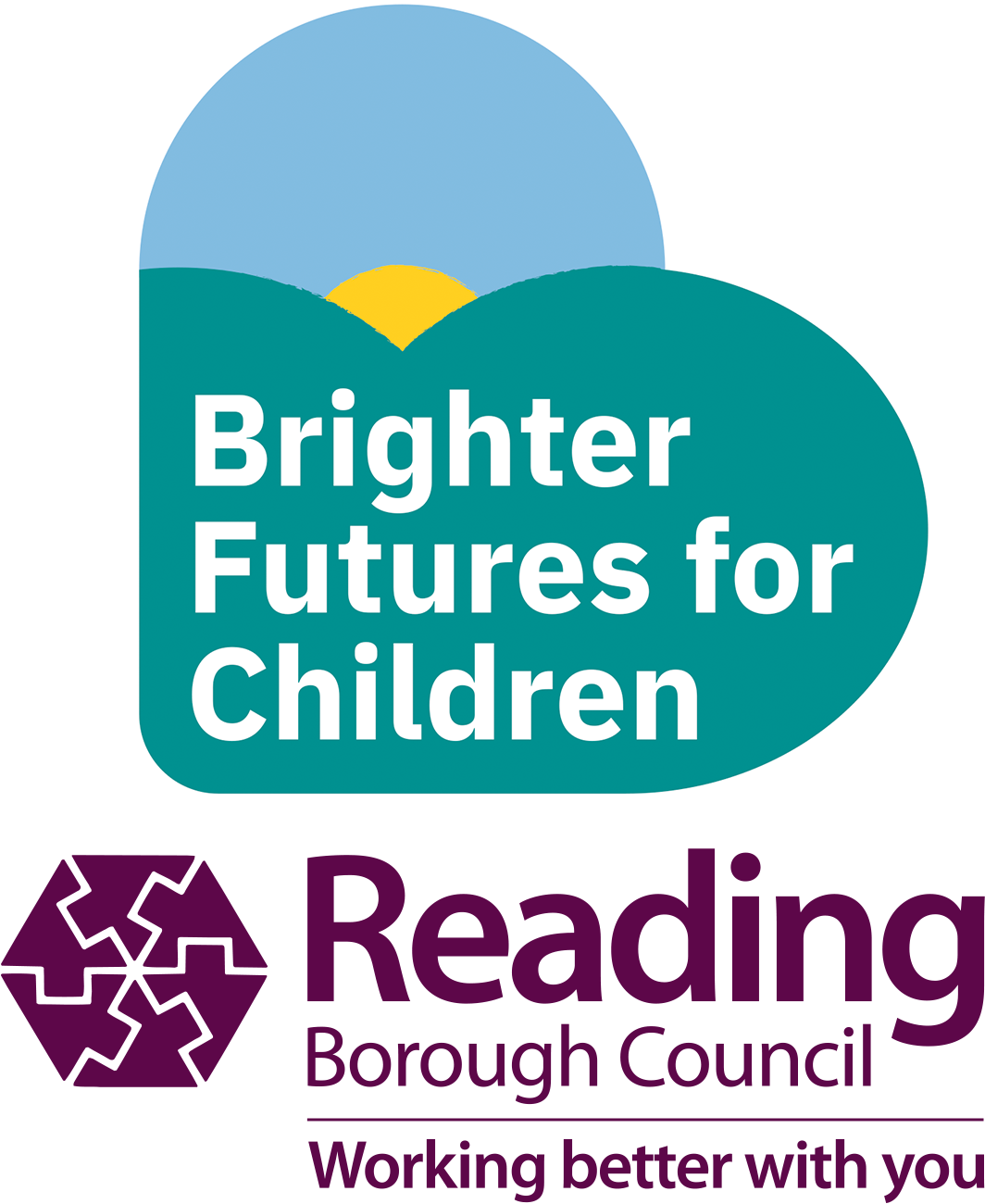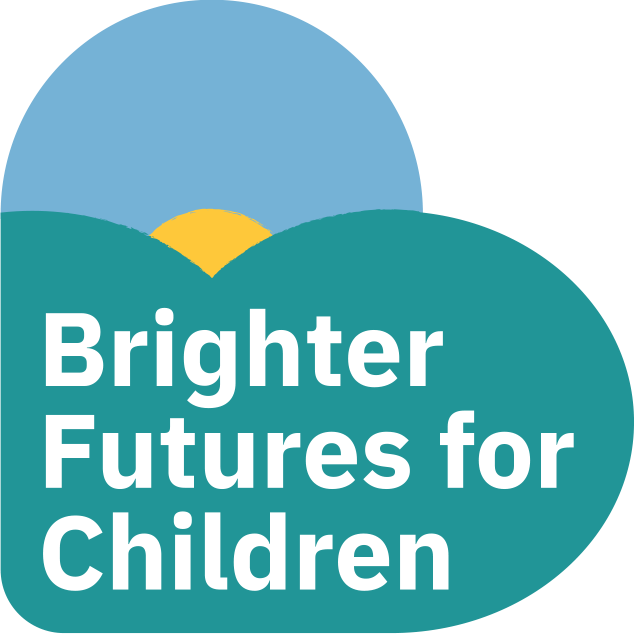- Home
- Professionals
- Reading Inclusion Support in Education (RISE)
What is the RISE service?
The Reading Inclusion Support in Education (RISE) service supports all Reading schools to improve their offer of Ordinarily Available Provision (OAP), Graduated Response (GR) and better support all children and young people (CYP), including those with Special Educational Needs and Disabilities (SEND). For full information on OAP and GR see the Reading SEND Local Offer. For information about the new early intervention funding available from April 2024, visit our dedicated page here.
What the RISE service will offer
The RISE team includes specialists and consultants with experience and knowledge of the different areas of children and young people’s needs (e.g. mental health, neurodiversity, behaviour, speech, language and communication needs and sensory needs). Its aim is to support schools through the following four functions:
| Function 1 | Function 2 | Function 3 | Function 4 |
| Providing a training offer in line with BFfC recommended approaches |
Embedding evidence-based strategies in line with BFfC recommended approaches |
Supporting school systems to develop their early intervention approach to aid a strong GR and OAP offer |
Facilitating networks and shared knowledge within Reading schools |
Integrated SEN support through RISE
The RISE team will support Reading schools at both school and town level. Working at the child or young person level is hugely impactful for a small number of children. However, our aim is to upskill Reading town and Reading schools so more children can be supported by the skills and knowledge that will be shared with teachers and teaching. Therefore, we will not be working with individual children or accepting referrals from schools or families.
The aim of the RISE team is to provide as much support as possible by improving Ordinarily Available Provision (OAP) in schools to a wide range of children and young people in Reading.
Our chosen approach
RISE will provide extra support to schools to help implement evidence-based approaches already actively promoted within Reading, such as:
- the Therapeutic Thinking Schools (TTS) approach
- the Social Communication Emotion Regulation and Transactional Support (SCERTS) approach
- the Autism Educational Trust (AET) approach
- Speech and Language Therapy (SaLT)
- Occupational Therapy (OT)
When promoting all these approaches, we seek to be an anti-racist service, promoting racial equity.
How the RISE team is structured

Roles within RISE
The lead of RISE and senior educational psychologist manages the day-to-day operation of RISE and facilitates function 4 (see above). This includes line management and supervision of RISE staff, liaison with all partners (e.g.schools, other BFfC education teams, health teams, parent representatives). The role also involves recruitment and retention of staff, development of the service offer in collaboration with partners and commissioners, delivery and organisation of training, writing and reviewing risk assessments.
Each SEND consultant is linked to several settings across Reading so every setting has a key point of contact with the RISE team. SEND consultants will primarily support settings with functions 1 and 3 (see above). They can also support SENCOs and senior leadership teams to access resources available within and external to Brighter Futures for Children/RISE. Consultants may also support schools to develop a whole school approach.
SEND specialists play an important role in supporting and working with education staff to improve their offer of Ordinarily Available Provision (OAP) and better support all children and young people with additional needs. This is outlined above under function 2.
Under supervision, SEND specialists will deliver and assess outcome-focused, evidence-based interventions to settings and education staff. SEND specialists work with schools delivering structured evidence-based support and early intervention strategies.
The community engagement and research officer will closely link with our whole community within Reading, particularly focusing on those communities previously under represented. They will seek to inform parents of the wider processes and ongoing changes regarding supporting children with SEND in Reading, including the Reading SEND Local Offer.
The performance and data analyst works closely with the Performance and Data team to identify the trends within SEND and for EHC needs assessment requests. The performance and data analyst will be collating baseline data to identify and monitor the impact of the RISE service.
The performance and data analyst will create process maps for SEND processes to better outline the constraints the SEND team are under, to report to BFfC and Reading senior leadership.
Summary
Our primary goals in the RISE team are to:
- improve the offer of Ordinarily Available Provision (OAP) in schools
- improve the Graduated Response (GR)
- improve confidence to provide for a diverse range of needs
- improve confidence from parents in SEN support
The RISE team will be updating the OAP and GR documents in the near future.

Contact
To contact the RISE Team, please email RISE@brighterfuturesforchildren.org.
If you are a parent and feel that your child’s school could benefit from support from the RISE team, please discuss this with your school’s SEND department. If you need guidance or support to help you with this, please contact Reading Information, Advice and Support for SEND (IASS).
Additional links
For more information on SEND support available in Reading, please see Reading SEND Local Offer.




